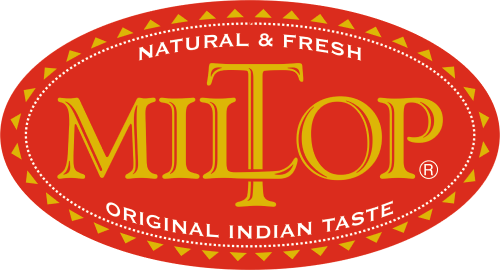Description
It is also known as Tapioca seed/sago seed. Tapioca is a starchy, granular foodstuff prepared from cassava roots (Manihot esculenta).
In processing, heat ruptures the starch grains, converting them to small, irregular masses that are further baked into flake tapioca. A pellet form, known as pearl tapioca, is made by forcing the moist starch through sieves. Granulated tapioca, marketed in various-sized grains and sometimes called ‘Sago’. When cooked, tapioca swells into a pale, translucent jelly.
Tapioca is considered as the cheapest source of Carbohydrates among the cereals, tubers and root crops and is a staple diet in may parts of Africa, South America & Asia. About 500 million people eat tapioca in the World. Nutritionally, it contains 98% Carbohydrates and appreciable amount of Calcium and Vitamin-C.
Sago is flaked and is known as Sago Pawa. Sago is used in Food as basic ingredient in making Papads, Halwa, Pakoda, Chips, etc. Tapioca flour (starch) is employed as a feedstock by industries making products such as glucose, soup, candy, pudding, sausages, bread, ice creams, noodles, vermicelli and other fancy foods.
Tapioca flour is used for making glue, which is an important raw material for the plywood industry. It becomes sticky, and then it is mixed with hot water and certain chemicals. The industrial glues are Dextrin and Oxidized Starch. In paper industry, surface treatment is required in the production of quality papers. A solution made from tapioca flour and other substances like sizing agent and pigment particles are used for the surface treatment process. Tapioca flour is used by the textile industry, in treating yarn prior to weaving and in fabric processing. This makes fabric smoother and increases its tensile strength.


